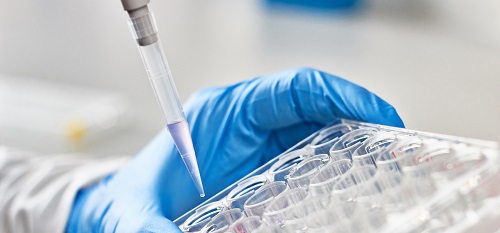It is estimated that about half of the drug candidates fail in clinical trials because of unacceptable efficacy (mainly attributed to poor bioavailability due to undesirable metabolic stability and ineffective intestinal absorption) and toxicity. Thus, the identification of the absorption, distribution, metabolism, excretion (ADME) and toxicological (Tox) properties of compounds at an early stage using appropriate assays would be expected to ensure that the most desirable compounds are tested in clinical trials. This "fail early and fail cheap" strategy is often exploited by the pharmaceutical industry as an effective way to reduce attrition in the drug discovery process. Creative Biostructure provides MagHelix™ in vitro ADME-Tox assays to assess the metabolism, bioavailability, pharmacology, and toxicology of compounds and help you make full use of all ADME-Tox profiling data to prioritize candidates.

ADME-Tox assays in the early stage can be integrated with medicinal chemistry and structure optimization, assessing the following properties of a compound: aqueous solubility under physiological conditions, metabolic and chemical stability, membrane permeability, and inhibition of major metabolic enzymes (e.g., Cytochrome P-450). In addition, cytotoxicity, cardiotoxicity, metabolism, off-target liability, and other types of in vitro ADME-Tox assays should be implemented as early as possible in the drug discovery progress.
| Physicochemical Profiling |
|
| In Vitro ADME and PK |
|
| Toxicology |
|
Creative Biostructure provides sophisticated and strategic customized MagHelix™ in vitro ADME-Tox profiling for drug discovery in a cost-effective and time-saving way. Our in vitro assays can significantly save much of your precious time and quickly screen out several effective drug candidates. Our experienced team of scientists has actively cooperated with leaders of chemistry, biotechnology, and pharmaceutical industries, involving in high-throughput drug screening, hit identification and validation, hit to lead process, lead optimization, and preclinical assays.
Reference

Easy access to products and services you need from our library via powerful searching tools